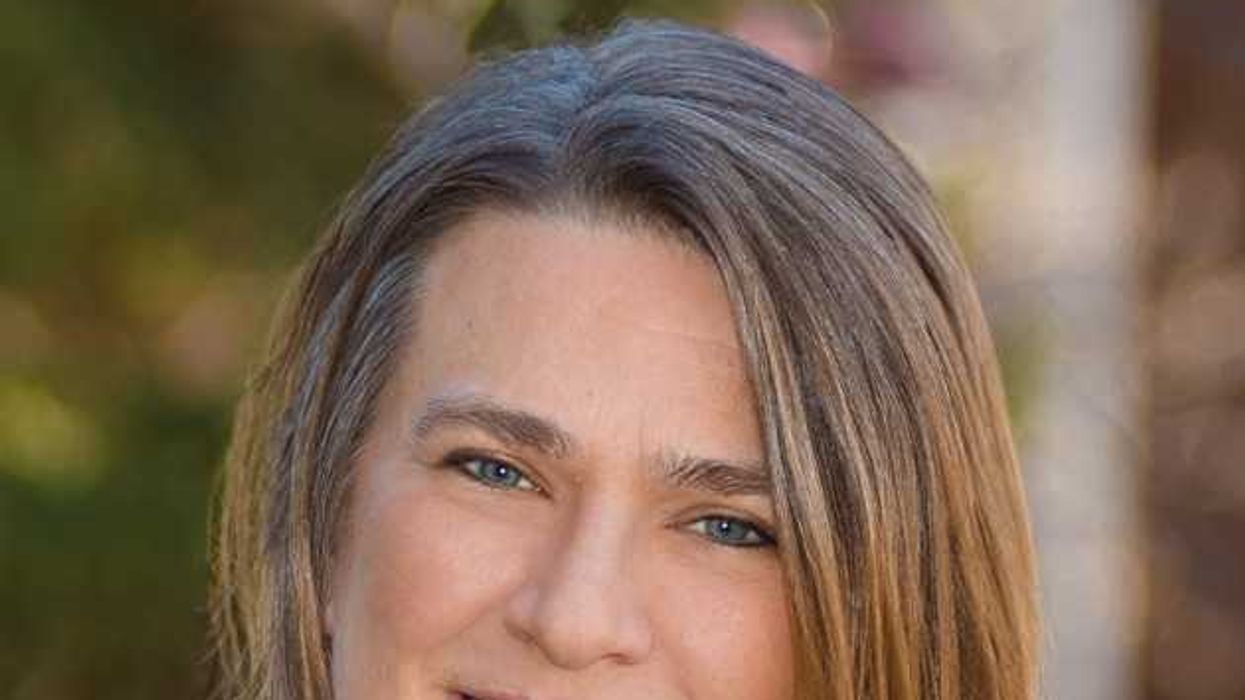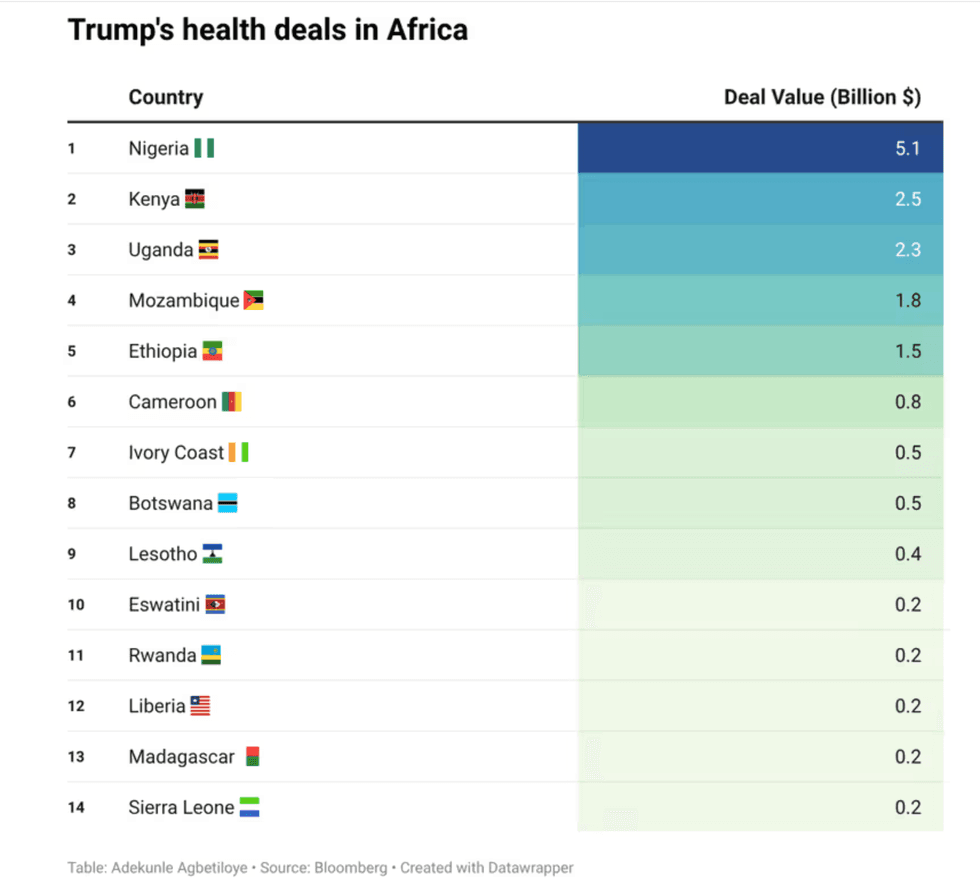When Jennifer Greenfield wrote an op-ed in The Denver Post warning that proposed federal budget cuts would devastate Coloradans who rely on programs like Medicaid and SNAP, she hoped her words might help change the conversation—and the outcome. Her piece drew a wave of responses, including appreciation from state leaders and an invitation to speak at a local event. Although the GOP’s “One Big Beautiful Bill” ultimately became law, Greenfield continues to warn about its long-term consequences. She spoke with SSN about the ripple effects of her op-ed and shared advice for fellow scholars who want their research to make a difference. The following conversation has been edited for length and clarity.
Q&A with Jennifer Greenfield
You recently wrote an op-ed about the GOP’s budget bill. What message were you hoping to get across?
Jennifer: My work focuses on family well-being—especially how people balance paid work and caregiving. In the U.S., most of us are doing both: raising kids, caring for aging parents or disabled family members, all while holding down jobs. My research looks at what kinds of policies help families not just get by, but actually thrive.
This new federal law does the opposite. It cuts critical supports like Medicaid and food assistance—programs that help working families and caregivers. And the impact stretches across people’s lives: kids losing access to food, working people losing health coverage, and older adults affected by cuts to Medicare and Medicaid. It takes from those with the least and gives more to those at the top. That’s the opposite of good policymaking.
What prompted you to write the op-ed, and what was the process like?
Jennifer: I’ve written op-eds before because they’re a powerful way to reach congressional leaders or state legislators. In this case, an organization that works with the Scholars Strategy Network put out a call for scholars to write in their local papers about the effects of this bill on low- and middle-income households. I jumped on it.
Colorado’s in a particularly tough spot because of TABOR—the Taxpayer’s Bill of Rights—which severely limits how the state can raise or spend money. So when the federal government pulls funding, Colorado can’t make up the difference. We’re forced to cut programs, often the ones serving the most vulnerable. That’s why I felt it was important to speak up and help people see what’s really at stake.
What kind of response did you get after it ran?
Jennifer: A few things stand out. I heard from our state treasurer—he thanked me and confirmed the bill would really hurt Colorado. That was encouraging.
Then a grassroots group in Colorado’s 8th congressional district reached out. They were organizing to pressure their representative, Gabe Evans, to oppose the bill. He ended up voting to support it, but they held a town hall event with about 150 people and invited me to speak. That invitation came as a result of the op-ed.
I was also quoted in Newsweek and have been included in a few follow-ups. U.S. News & World Report picked up the issue, too. I can’t say for sure if those national pieces stemmed from the op-ed, but the timing aligns.
What was the town hall event like?
Jennifer: It was in Greeley, a fairly rural, historically conservative part of Colorado—and yet the turnout was strong. Teachers, cancer patients, caregivers—people who would be directly affected by the cuts—came to speak. Hearing their stories and connecting those personal experiences with broader research was incredibly powerful.
At that point, Representative Evans had already voted for the House version of the bill, and it was clear he wasn’t going to change course. But the event still mattered. It made the consequences of his vote visible and started to build momentum toward holding him accountable—or replacing him.
He and his staff were invited multiple times, but didn’t show. I’m not sure if any other current elected officials were there, but at least one candidate attended. And there were conversations about organizing locally, even at the city council level. It wasn’t just about Congress—it was about building power from the ground up.
You also contacted members of Colorado’s congressional delegation. What did you hope to accomplish?
Jennifer: After the op-ed was published, I sent the link to my representative and both senators. Senators [John] Hickenlooper and [Michael] Bennet had already voted against the bill, so I wanted to thank them and offer the op-ed as a resource. Senator Bennet’s office even replied, which was great—he’s been a longtime champion of the child tax credit, which the bill also threatens.
My representative is Lauren Boebert, who’s rather famous in the U.S. She voted for the bill, and my message was that I didn’t think her vote reflected the needs of our district. I even included Douglas County-specific data showing how the cuts would hurt our community. I never heard back.
You’ve been doing public engagement for a while. How does this fit into your overall approach to research?
Jennifer: I believe in applied research—work that serves the public good. That means making findings accessible to the people who can use them: policymakers, advocates, and voters.
One example is my work on paid family and medical leave. I spent years collecting data, writing op-eds, speaking to the media, and testifying at the legislature. After multiple failed bills, we moved to a ballot initiative in 2020—right in the middle of the pandemic. I had just wrapped up a study estimating the program’s costs and benefits, and that research played a key role in getting it passed.
The program launched in January 2024, and now I’m working with the state’s new FAMLI [Family and Medical Leave Insurance] agency and a colleague to evaluate how it’s working. We just finished collecting survey data from participants, and I’ll be taking those results back to the coalition that helped pass the law so we can keep improving it.
That’s how I like to do research—not just to understand the world, but to help change it.
What advice do you have for scholars who want to get more involved in public policy?
Jennifer: The first thing I’d say is don’t be shy. My first experience came from seeing a bill I believed in and emailing the legislator to say, “Thanks—how can I help?” That turned into a long-standing relationship where she invited me to write an op-ed, testify, and stay involved—not as an advocate, but as a researcher.
Also, use the people around you who know media and policy. I’ve leaned on my university’s communications team and SSN. Academics often struggle to write clearly and concisely for a broader audience—that’s where support makes all the difference.
And relationships with media matter. Because I’ve written for The Denver Post and other local outlets before, I now have a direct line to some editors. That helped get the op-ed into the Sunday print edition, which has a bigger reach.
Finally, don’t underestimate social media. I don’t love being on camera—I’m not making TikToks—but LinkedIn and Instagram can help amplify your message. Colorado’s state treasurer found me on LinkedIn and reached out. Using social media channels also helps drive traffic to the outlet, which editors appreciate.
You co-lead the Colorado SSN chapter. What’s in store for the coming academic year?
Jennifer: We were pretty quiet last year—I was finishing an administrative role that was really time consuming—but this year I’m excited to dive back in. Even though it’s politically an off-cycle year, we’ve got a governor’s race and some important issues on the table. It’s actually a great time to push for policy change.
First, I’m hoping to recruit a new chapter co-lead. Then I want to host a fall kickoff event to get people thinking about how they can engage. My university’s Scrivner Institute of Public Policy brings together public policy faculty from different disciplines, so I’m hoping to build momentum through that network and partner with other campuses across the state. Once the legislative session starts in the spring, we’ll be ready to go deeper.
What has being part of SSN meant to you?
Jennifer: The support I’ve gotten from SSN—especially from folks like Dominik [Doemer, SSN’s Director of Communications]—has been incredibly helpful. He’s a fantastic editor, especially for someone like me who always goes over the word limit. He helps me distill the key points quickly and clearly.
I’ve also learned a ton from other chapter leaders through webinars and peer calls. We share strategies, swap ideas, and support each other. The national convening in D.C. was especially energizing—meeting people from all kinds of fields who are committed to public scholarship was inspiring.
And having the national SSN team as a resource makes a big difference. They help us stay focused, connect us with allies, and remind us to write like humans—not academics.
Jennifer Greenfield Speaks Out for Colorado Families was first published by the Scholars Strategy Network and was republished with permission.
The Scholars Strategy Network (SSN) is a national membership organization made up of college- and university-based researchers interested in improving policy and strengthening democracy.












 Native American women face higher rates of death than other demographics. (Oona Zenda/KFF Health News)
Native American women face higher rates of death than other demographics. (Oona Zenda/KFF Health News)








